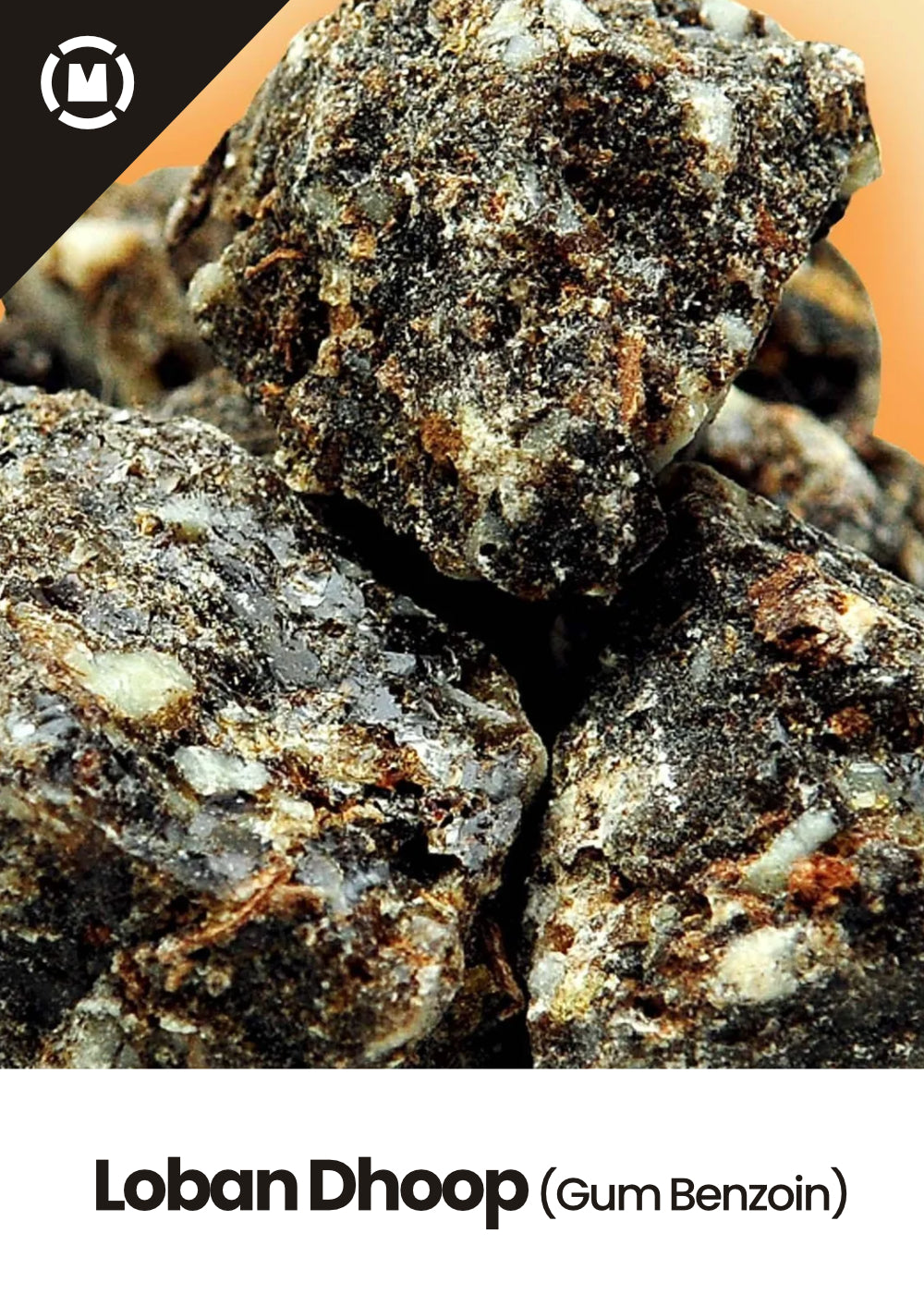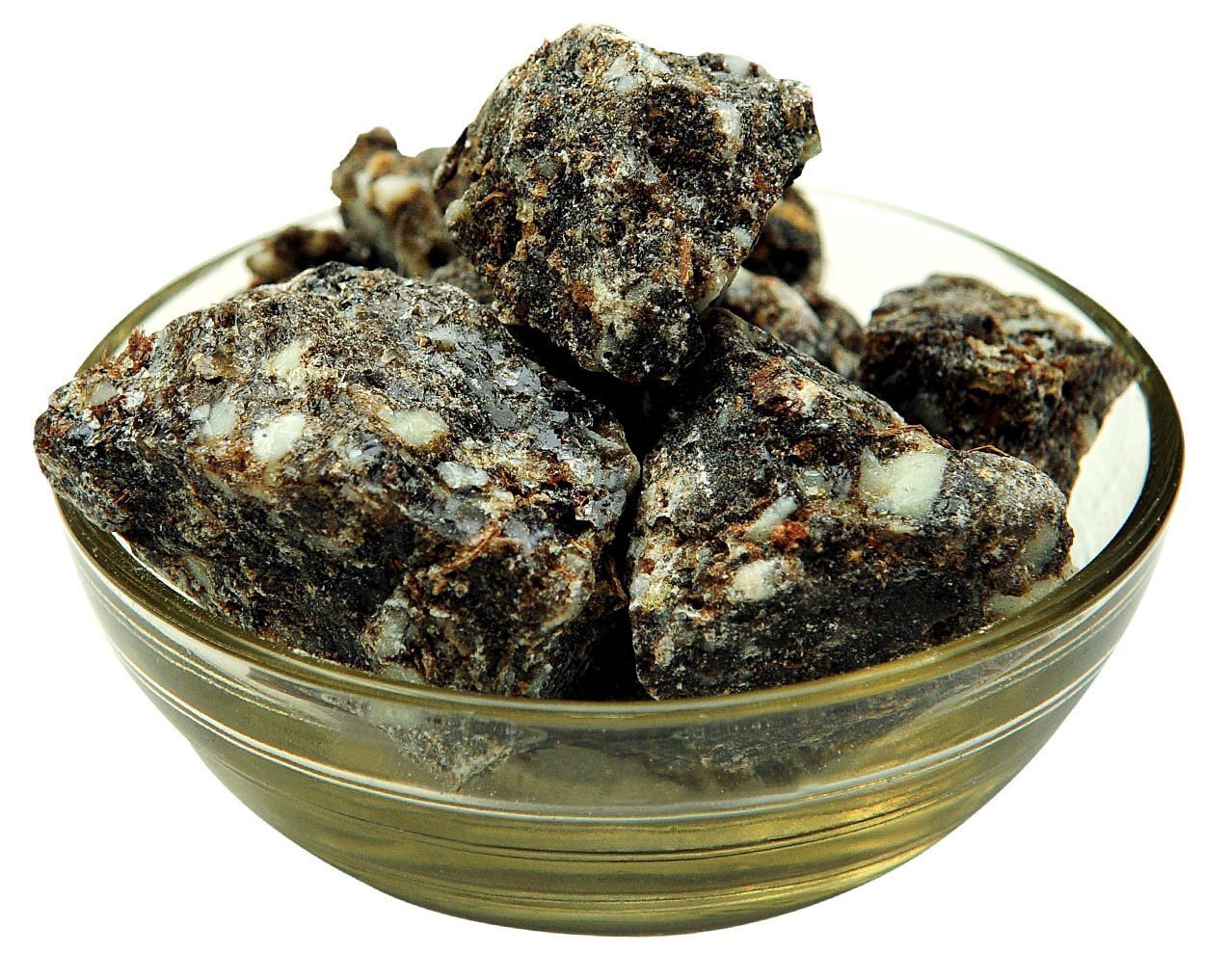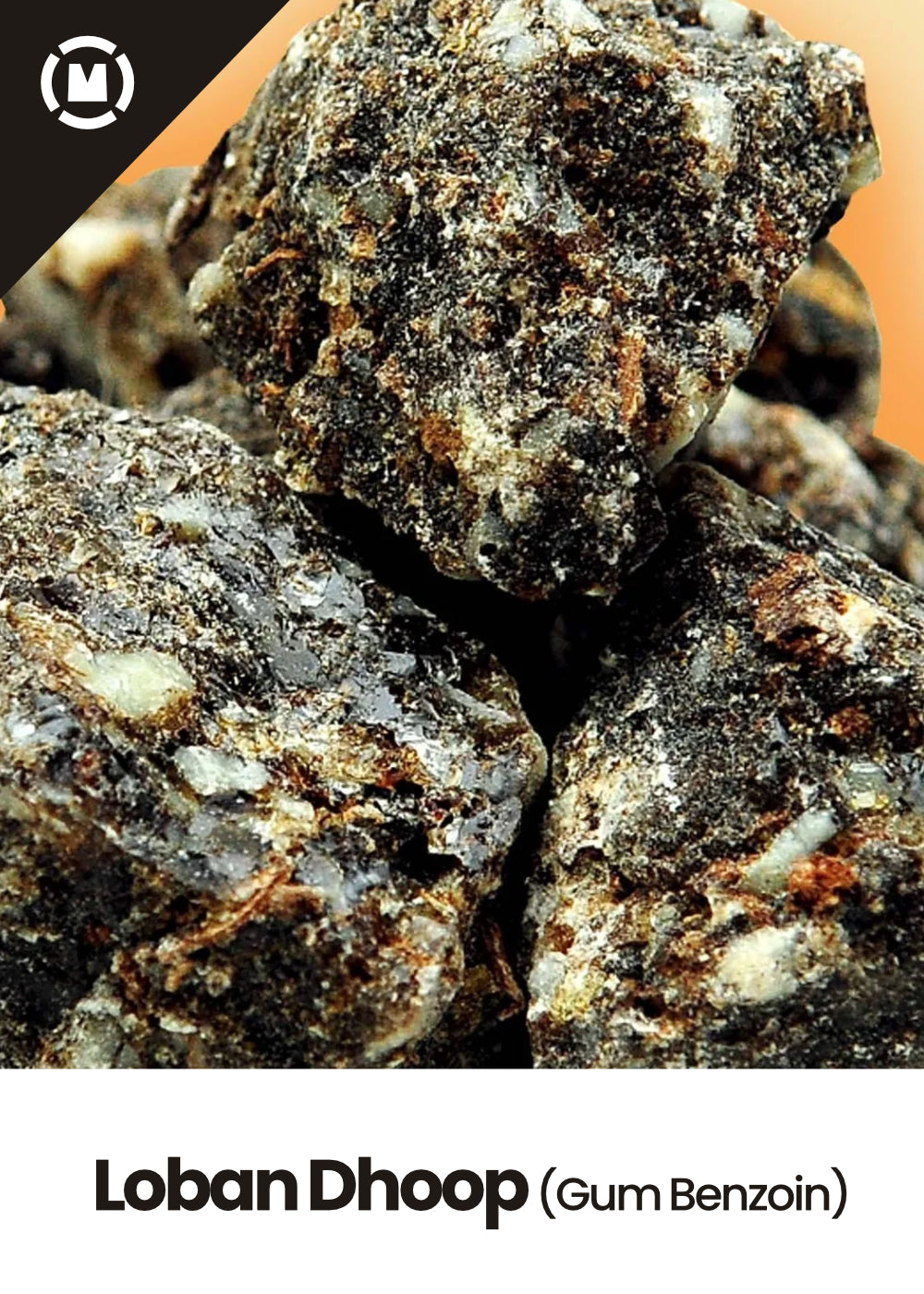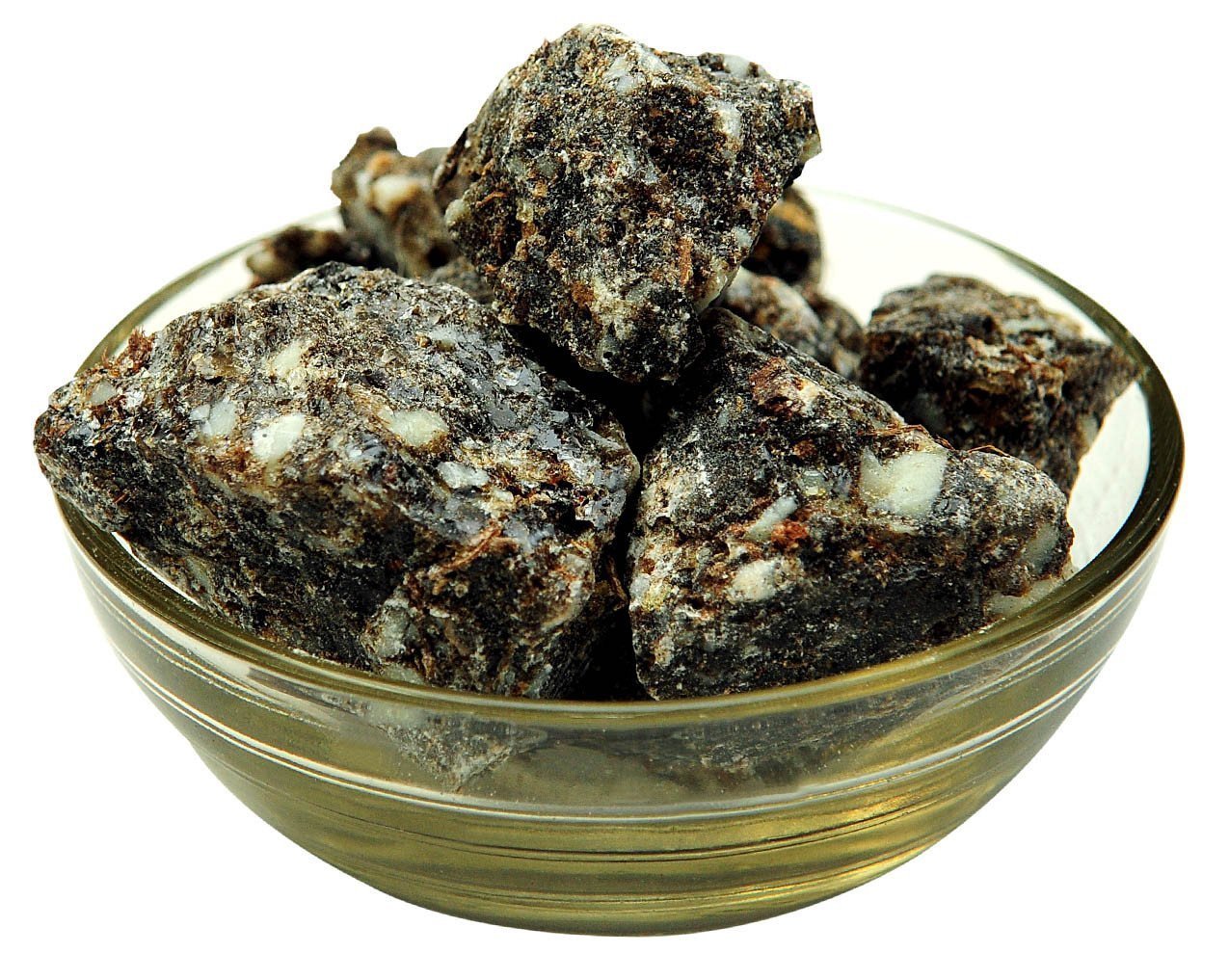M-Spice
Loban Dhoop (Gum Benzoin)
Loban Dhoop (Gum Benzoin)
Couldn't load pickup availability
Loban or Gum Benzoin is a fragrant balsamic resin obtained from the bark of several species of trees in the genus Styrax. Crystals of Loban are burnt in places of worship throughout the Indian sub-continent for the holy, sanctified atmosphere the smoke creates.
The Gum Benzoin tree (Styrax benzoin) is native to the tropical reaches of Java, Sumatra and Thailand. The resin, also called gum benjamin, has a vanilla like aroma and is harvested by making triangular incisions into the tree's bark to establish a flow, which then hardens into lumps when exposed to air and sunlight. Benzoin is used in the perfume industry as a fixative, slowing the dispersion of essential oils and other fragrant materials into the air.
The name "benzoin" is probably derived from the Arabic "Luban Jawi", which means the "Frankincense of Java", because it was brought from Indonesia. When the Europeans arrived, "Luban Jawi" morphed to "La Benjawi", which soon became "La Benjamin". Venetian traders substituted the hard to pronounce j with z, thus ending up with "La Benzoin". Most Benzoin is now grown in Sumatra. In India "Luban Jawi" is widely known as Loban.
Gum Benzoin is a common ingredient in incense-making and perfumery because of its vanilla ice-cream like aroma and fixative properties. Gum Benzoin is a major component of the type of church incense used in Russia and some other Orthodox Christian societies. Benzoin resin is also used in blended types of Japanese, Indian and Chinese incense besides Armenian Paper. Apart from being lit during pujas, the fragrant smoke of Loban serves as an excellent insect repellant and fumigant.
| Glossary | |
| Botanical name | Styrax benzoin |
| Common name | Loban |
| Bengali | Dhuna |
| Hindi | Kundar, Makund |
| Kannada | Lobana, Chilaka dupa |
| Tamil | Sambrani |
| Telugu | Kunduruvu |
| Urdu | Kundur, Loban |



